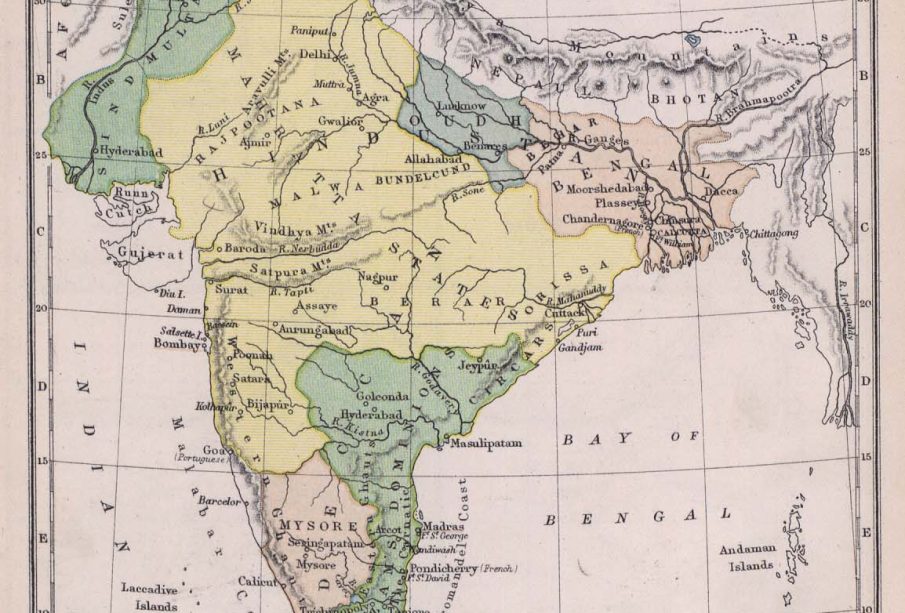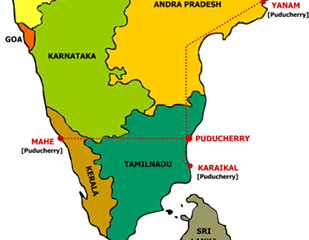Understanding the Maratha Empire and Its Legacy

Introduction
The Maratha Empire, a significant entity in Indian history, emerged in the 17th century and played a crucial role in shaping the socio-political landscape of India. Its legacy remains relevant today as it embodies the spirit of resistance and regional pride against foreign dominance. The empire, founded by Chhatrapati Shivaji Maharaj, is celebrated not only for its military prowess but also for its contribution to governance and culture.
Formation and Expansion
The Maratha Empire was established when Shivaji rose to power, declaring his independence from the Deccan Sultanates and later engaging in strategic battles against the Mughal Empire. Over the next century, the empire expanded significantly under the leadership of notable figures such as Shivaji’s descendants and other leaders like Peshwa Bajirao I. At its zenith in the early 18th century, the Maratha Empire stretched across a vast region, including present-day Maharashtra, parts of MP, Gujarat, Rajasthan, and beyond.
Cultural Impact
The Maratha Empire was instrumental in fostering a unique blend of culture and administration, influencing art, architecture, and social structure in India. The construction of iconic forts, temples, and palaces, along with the promotion of Marathi language and literature, marked a period of cultural renaissance. Festivals like Gudi Padwa, celebrated in Maharashtra, stem from this rich cultural heritage.
Decline and Legacy
Despite its formidable rise, the Maratha Empire faced numerous challenges in the form of internal strife and external pressures, including the rise of British colonial power in India. The Third Anglo-Maratha War marked a significant turning point, leading to the eventual dissolution of the empire. However, the Marathas are remembered for their legacy of regional empowerment and significant contributions to Indian history.
Conclusion
The history of the Maratha Empire is not just about conquests and territories; it symbolizes a quest for autonomy and cultural identity in the face of foreign rule. As India continues to grapple with issues of national identity and regional pride, the legacy of the Maratha Empire serves as a reminder of the importance of resilience and unity. Understanding this rich history is crucial for future generations to appreciate the diverse tapestry of Indian heritage.









